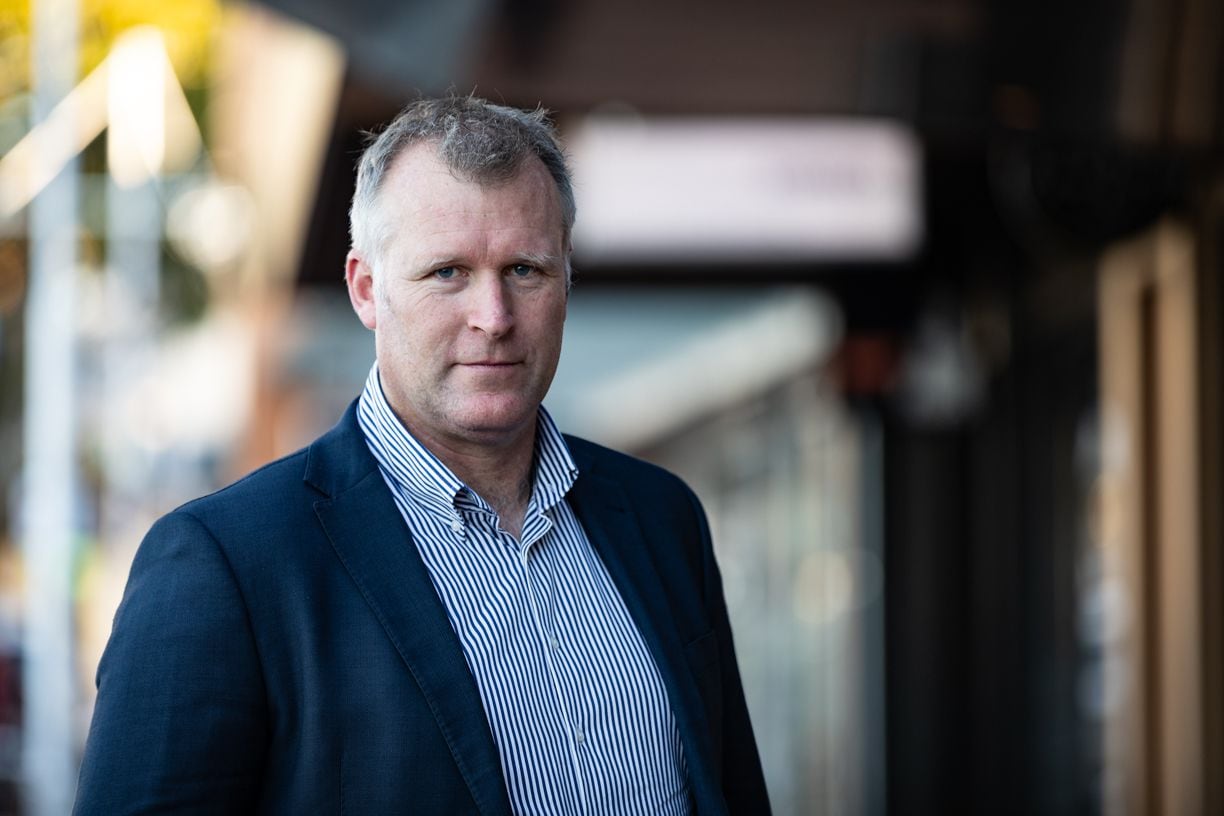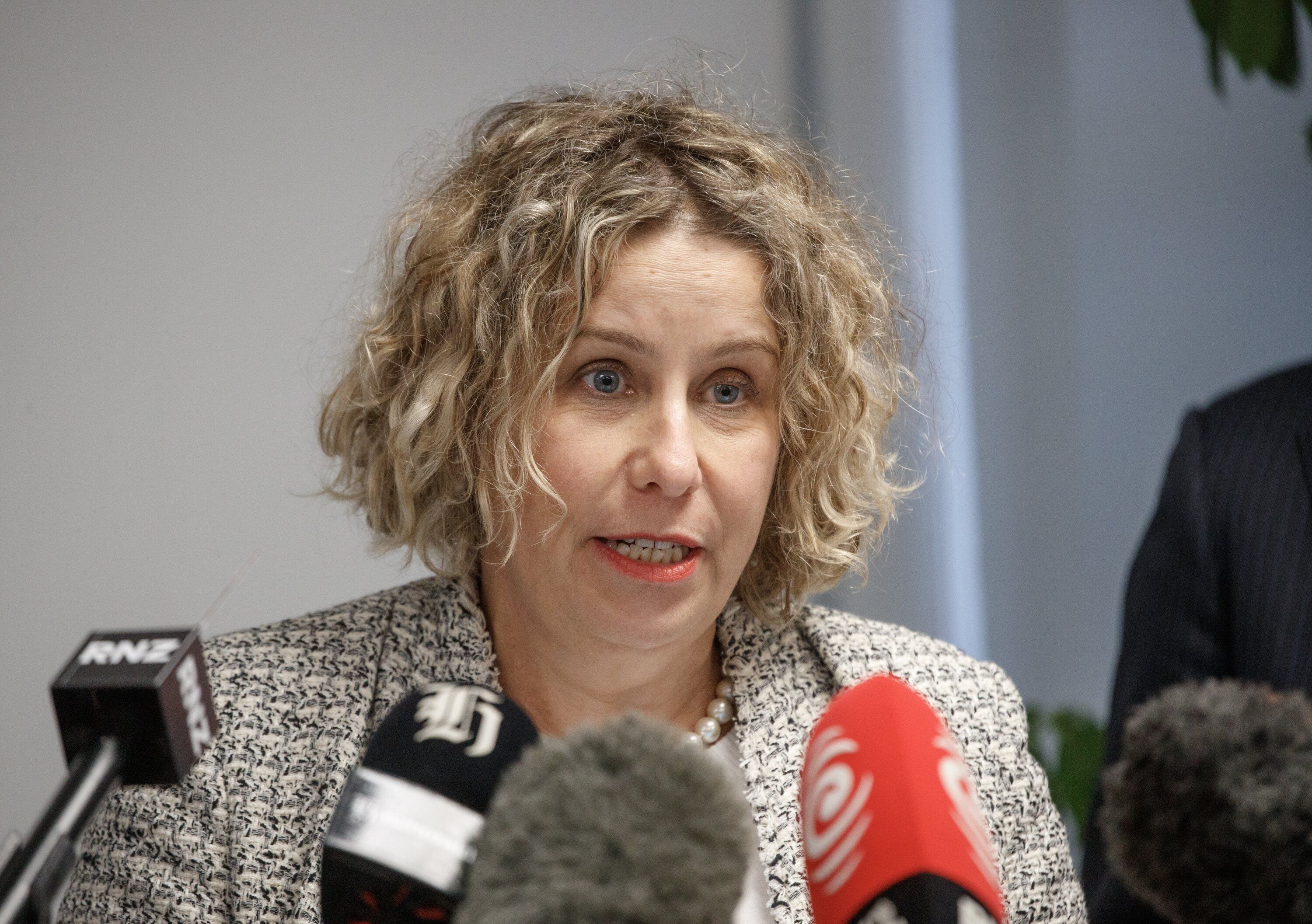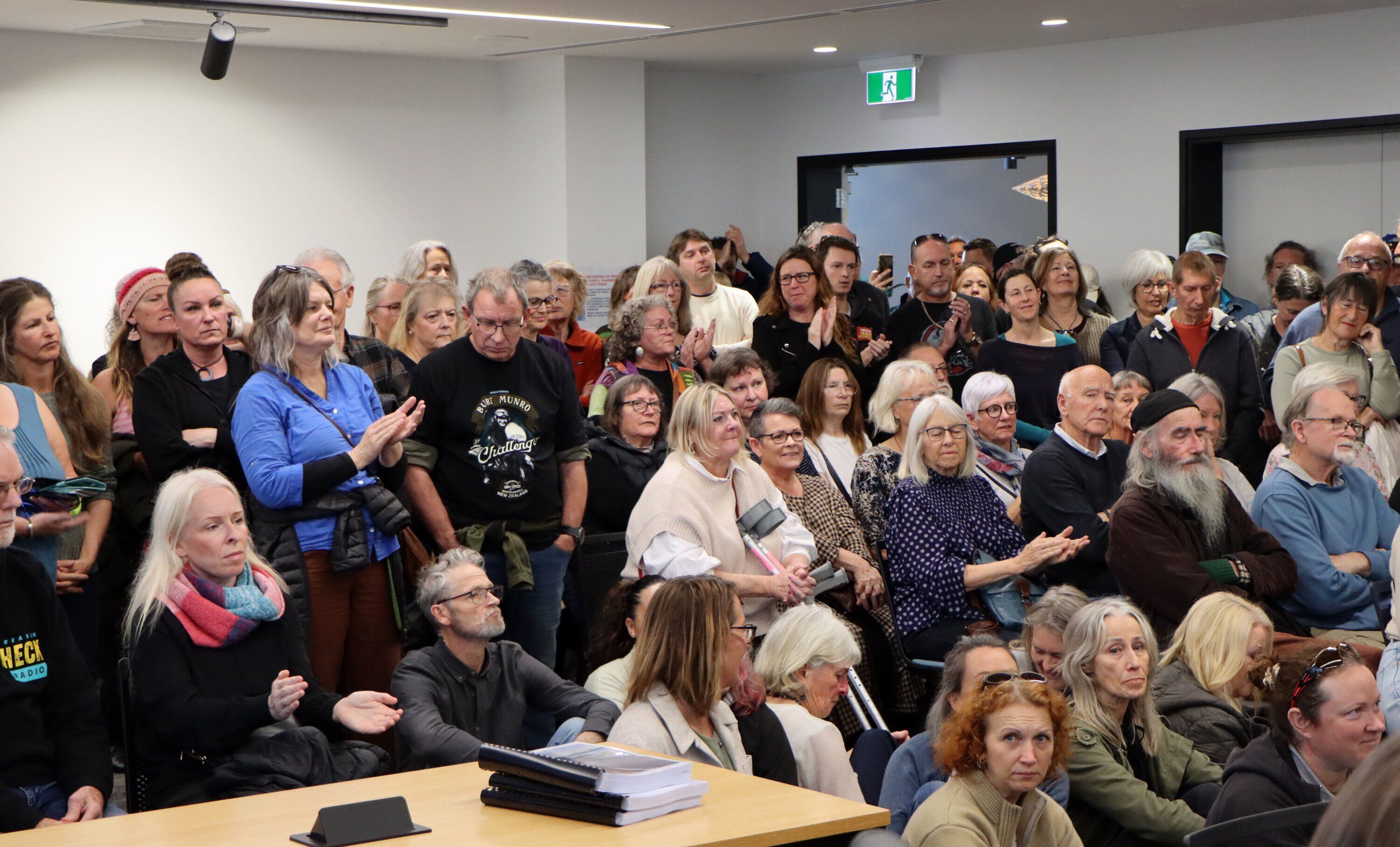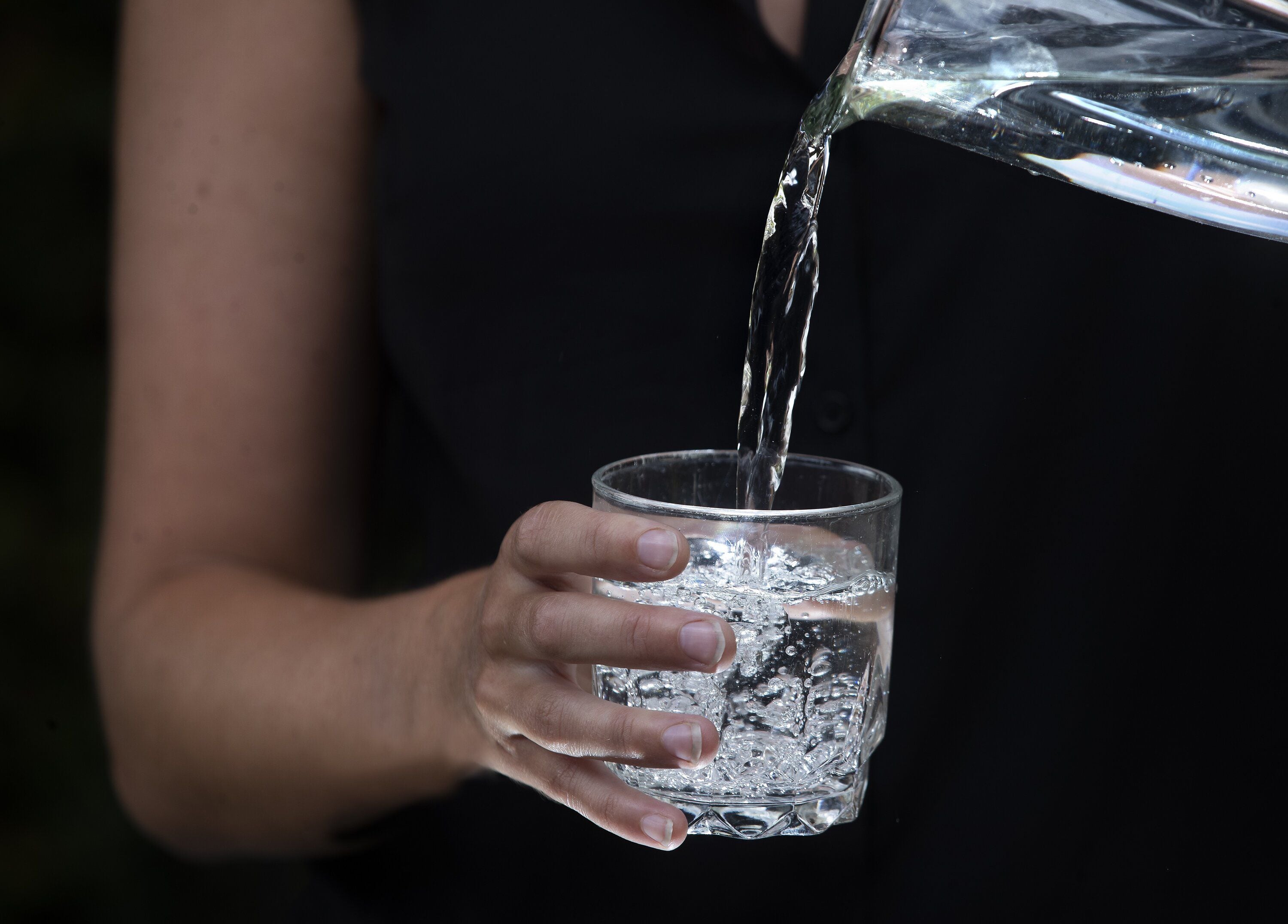Tauranga’s council faces “extreme” costs that could run into millions of dollars if it doesn’t fluoridate the city’s water by the end of next month after being refused an extension.
At a tense meeting in August, Tauranga City Council decided to ask the Ministry of Health for an extension to the November 30 deadline to fluoridate the water. It must start dosing 30 days prior to comply.
The city’s water has been un-fluoridated since 1992.
The extension would allow time for a judicial review of the fluoridation directive to be completed in 2025.
Mayor Mahé Drysdale said elected members wanted the matters before the High Court finalised before fluoridation happened.

Tauranga Mayor Mahé Drysdale. Photo / Alex Cairns.
The council acknowledged the ministry was able to mandate water fluoridation, but the review was an important opportunity to allow court processes to run their course and provide direction for water consumers and water supply authorities, Drysdale said.
The judicial review followed New Health New Zealand Inc’s legal challenge of the director general of health’s fluoride directive.
The director-general of health has directed 14 councils to fluoridate their city’s water supply.
In November 2023, a High Court judgment questioned whether the direction to fluoridate water considered the Bill of Rights. The director general of health’s analysis of this is ongoing.
The director-general of health and the attorney general have appealed the decision, which is scheduled to be heard in June 2025.
In a letter to Tauranga City Council received on September 20, director-general of health, Dr Diana Sarfati, turned down the request and repeated earlier advice that councils subject to a fluoridation direction must comply or face significant financial penalties.
If the council doesn’t comply with the order, it faces a potential fine of up to $200,000 and, if the non-compliance continues, it could be fined up to $10,000 a day.

Director-General of Health Dr Diana Sarfati denied Tauranga City Council’s request for an extension to fluoridate the water. Photo / Mark Mitchell.
Sarfati said the High Court had twice confirmed the directions for councils to fluoridate their water supplies remain valid and Tauranga’s request for an extension would not be granted.
The High Court confirmed the directive’s validity on February 16 and May 24, the letter said.
“I will not be granting your request for an extension, given it is based on the state of the litigation processes.”
Sarfati thanked the council for its collaboration as they worked to improve the oral health of the communities they served.
Drysdale said the ministry’s response hadn’t been considered by the councillors yet, but he was disappointed by it. He said the penalties were “extreme”.
The council might also be required to pay back the $3.4 million from the ministry for the works required to fluoridate if it didn’t comply, he said.
“Those costs would fall directly on ratepayers, and I therefore think it’s likely the council will decide to comply with the directive.”

The public gallery was overflowing with people opposed to fluoridation at a Tauranga City Council meeting in August. Photo /Alisha Evans.
To comply with the directive the council must fluoridate the water continuously for a month before November 30.
Testing of the fluoride dosing system would need to start by mid-October, but Drysdale has asked that no fluoride be added until October 24.
This would give the council a chance to consider Sarfati’s letter, he said.
“I want to give anyone who wishes to install filtration devices capable of removing fluoride as much notice as possible to get organised, as there is likely to be very little turnaround time between the council decision and a potential start to testing the dosing system.”
A report will be brought to the council in December with options and the cost of establishing an unfluoridated water supply point for the community.
LDR is local body journalism co-funded by RNZ and NZ On Air.




0 comments
Leave a Comment
You must be logged in to make a comment.